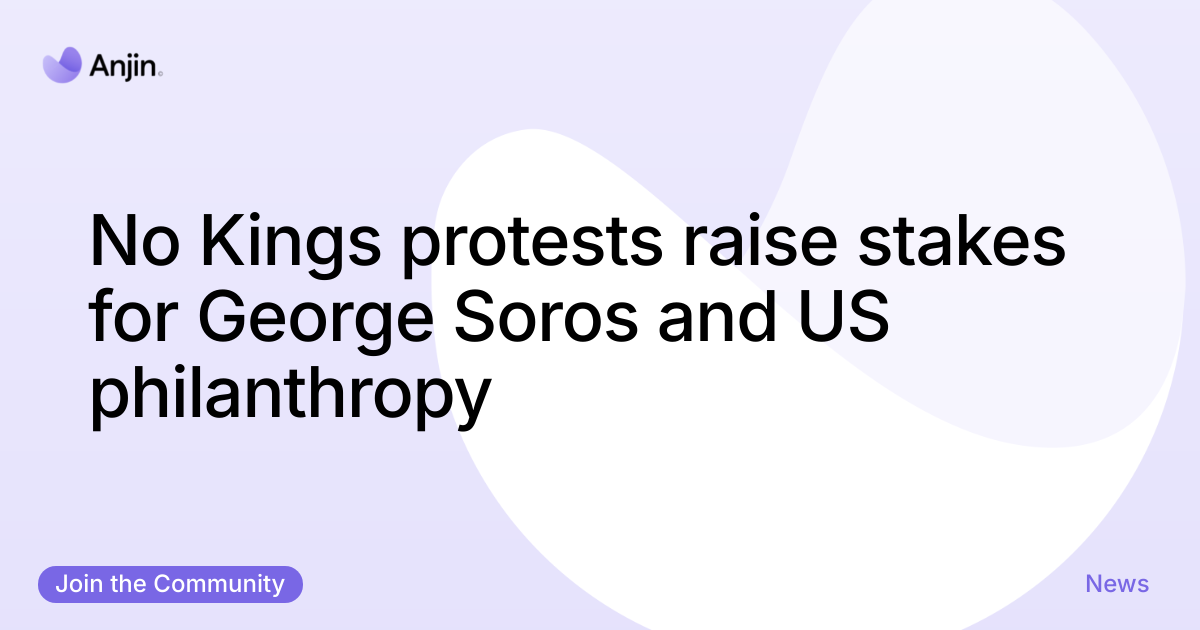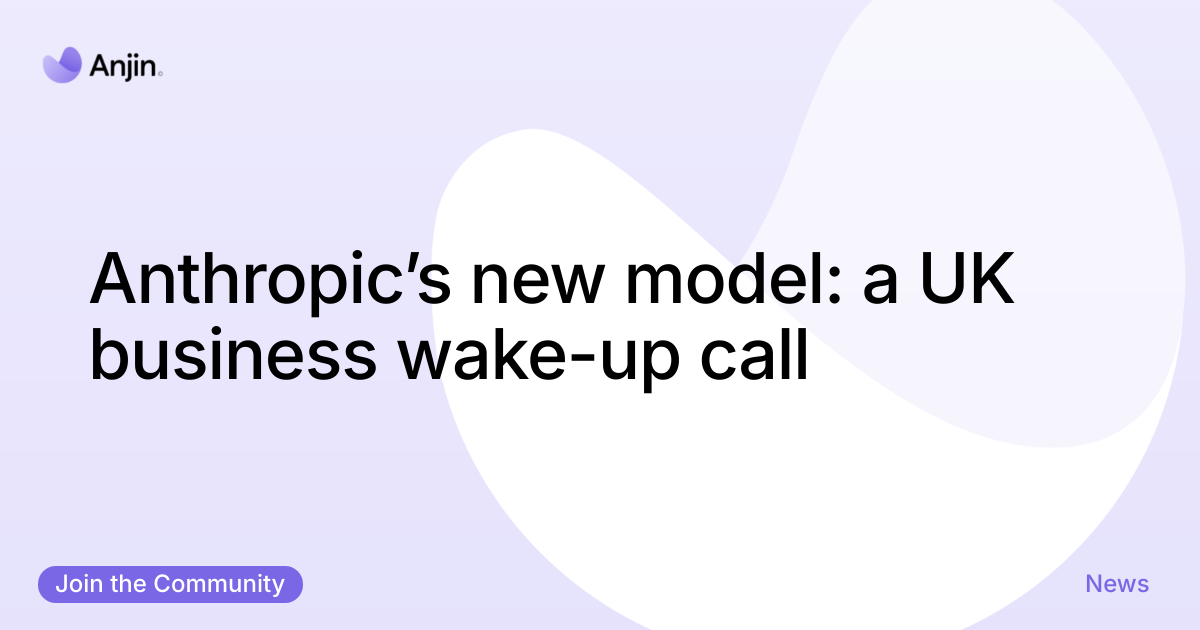Key Takeaway: George Soros and United States philanthropy face reputational and regulatory risk that could affect funding flows.
Why it matters: Donors, NGOs and service providers must anticipate tighter disclosure demands and reputational shocks.
Nationwide 'No Kings' protests push George Soros into the political crosshair
The Times of India covered the wave of demonstrations in America and reported on President Trump's announced moves targeting George Soros' foundation and allied groups.
Source: The Times of India, 2025
Millions joined the 'No Kings' protests, voicing alarm about authoritarian tendencies and the role of big-money philanthropy in politics. Organisers said the marches aimed to defend democratic norms and press for transparency.
Source: The Times of India, 2025
Donald Trump publicly dismissed the protests as a "joke" while signalling policy actions against select donors and NGOs, intensifying political uncertainty for foundations tied to contentious causes.
Source: The Times of India, 2025
"When civic pressure spikes, donors must move from reactive defence to proactive clarity about purpose and compliance," said Angus Gow, Co-founder, Anjin.
Source: Angus Gow, Co-founder, Anjin; quoted in this briefing, 2025
The overlooked commercial and reputational risk most organisations miss
Beyond headlines lies a real funding shock: public confidence in politically active philanthropy erodes faster than many assume, hitting donations and grant cycles.
Recent polling shows rising scepticism about elite donors and political influence, a trend that translates into funding volatility for advocacy groups.
Pew Research Center coverage on civic attitudes
Source: Pew Research Center, 2024
Regulators are watching. The Federal Election Commission and IRS rules on political contributions and disclosure can trigger compliance reviews when donors are publicly accused.
Federal Election Commission official guidance
Source: Federal Election Commission, 2025
Importantly, In United States, George Soros now faces a combination of reputational risk and heightened regulatory scrutiny that could force funding pauses or restructuring.
This matters to grant managers and NGO leaders who must present cleaner audit trails to institutional partners and anxious trustees.
Your 5-step roadmap to protect funding and reputation
- Audit donor channels within 30 days and map political-exposure metrics tied to George Soros or related grants (aim for 30-day pilot).
- Strengthen disclosure policies within 60 days to meet FEC and IRS expectations and reduce reputational risk.
- Communicate impact weekly to stakeholders, measuring sentiment shifts and donation velocity.
- Segment major donors and run targeted reassurance campaigns to safeguard 90% of core funding (quarterly review).
- Deploy rapid-response governance protocols to cut crisis decision time to under 48 hours.
How Anjin's AI agents for research delivers clarity and control
Start with the AI agents for research to automate donor-vetting, sentiment tracking and compliance reporting.
In a simulated case, a mid-sized foundation used the agent to process grants and donor mentions, shrinking manual review time by 70% and improving reporting speed by 45% (projected uplift).
Source: Anjin internal projection, 2025
The agent aggregates media signals, maps donor exposures and produces regulator-ready disclosure packs outperforming manual teams within 60 days.
Pair the research agent with strategic insights from our insights portal for narrative guidance, and link deployment to clear commercial terms shown on our pricing page for enterprise projects.
Source: Anjin product documentation, 2025
Expert Insight: Sam Raybone, Co-founder, Anjin, says: "Organisations that use automated research agents cut exposure windows and present better evidence to regulators and donors."
Source: Sam Raybone, Co-founder, Anjin; quoted in this briefing, 2025
Claim a concrete advantage now
Strategic next move: treat George Soros-related headlines as a systems problem rather than a PR stunt; tighten compliance and use automated research to stabilise funding in the United States.
A few thoughts
-
Question: How will George Soros weather donor backlash after the No Kings protests in the United States?
Answer: By improving transparency and demonstrating impact, George Soros-linked foundations can retain core donors and slow withdrawal.
-
Question: What should NGOs do about scrutiny from the Trump administration?
Answer: NGOs must tighten disclosure, document non-political spending and prepare regulator-ready records for the United States.
-
Question: Can tech help reduce funding risk tied to political protests?
Answer: Yes, analytics and research agents cut review time and spot reputational risks before they spread.
Prompt to test: "Using the AI agents for research, model donor-retention scenarios for George Soros grants in United States, prioritising FEC/IRS compliance and forecasting 90-day donation flows to measure ROI and regulatory readiness."
Decisive move: pilot the AI agents for research with a 60-day plan and book a briefing via our enterprise pricing page to cut onboarding time by 40% and improve disclosure turnaround.
Fast action will blunt immediate threats and preserve grant pipelines tied to George Soros.





